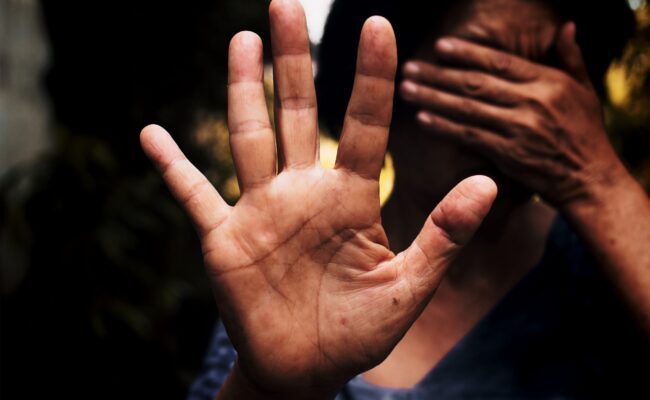OYO State Programme Officer for the RSSH C19-RM project, Mr Oluseun Adebiyi, has said that the wrong perception of gender-based violence, particularly among young men, was fuelling increasing cases of women battering and its consequences at the grassroots.
Adebiyi, speaking at the December edition of the RSSH C19-RM project meeting in Ibadan, stated that cases of gender violence implementers of the project identified in the month suggested young men had a wrong perception of what constitutes gender-based violence.
According to him, “Some of the younger generation did not see a big deal in committing physical violence against women and the girl child.”
Mr Adebiyi declared that causes of physical violence amongst couples were on the increase and that there were many instances of abandonment because they were not ready to bear responsibility.
“The economic status of many women is making them to live and tolerate violence, leading to grievous harm and eventual death if no action is taken for redress,” he said.
He declared that during the projects’ gender-based violence outreaches to 3 schools and 2 churches as well as small group discussions by NEPWHAN case managers with different groups in November, some of the cases of gender-based violence couldn’t be resolved fully because the women didn’t want to pursue the case.
Read Also: We can now detect heart failure before it happens at UCH — Dr Kolade
Mr Adebiyi, however, urged the government to increase empowerment programmes for women and orientation should be provided to women by religious bodies on the need to be self-empowered so that they could have a voice to speak against violence in any form against their personalities
According to him: “Religious bodies should sensitise more on the dangers of physical violence in homes and its consequences on society. Society, homes, and schools should inculcate values and social responsibilities in their informal and extracurricular activities.
“Men should desist from acting under provocation and allow some argument with the women to pass, while issues of disagreement should not be treated in the presence of their wards. This will prevent them from learning habits of violence.”







